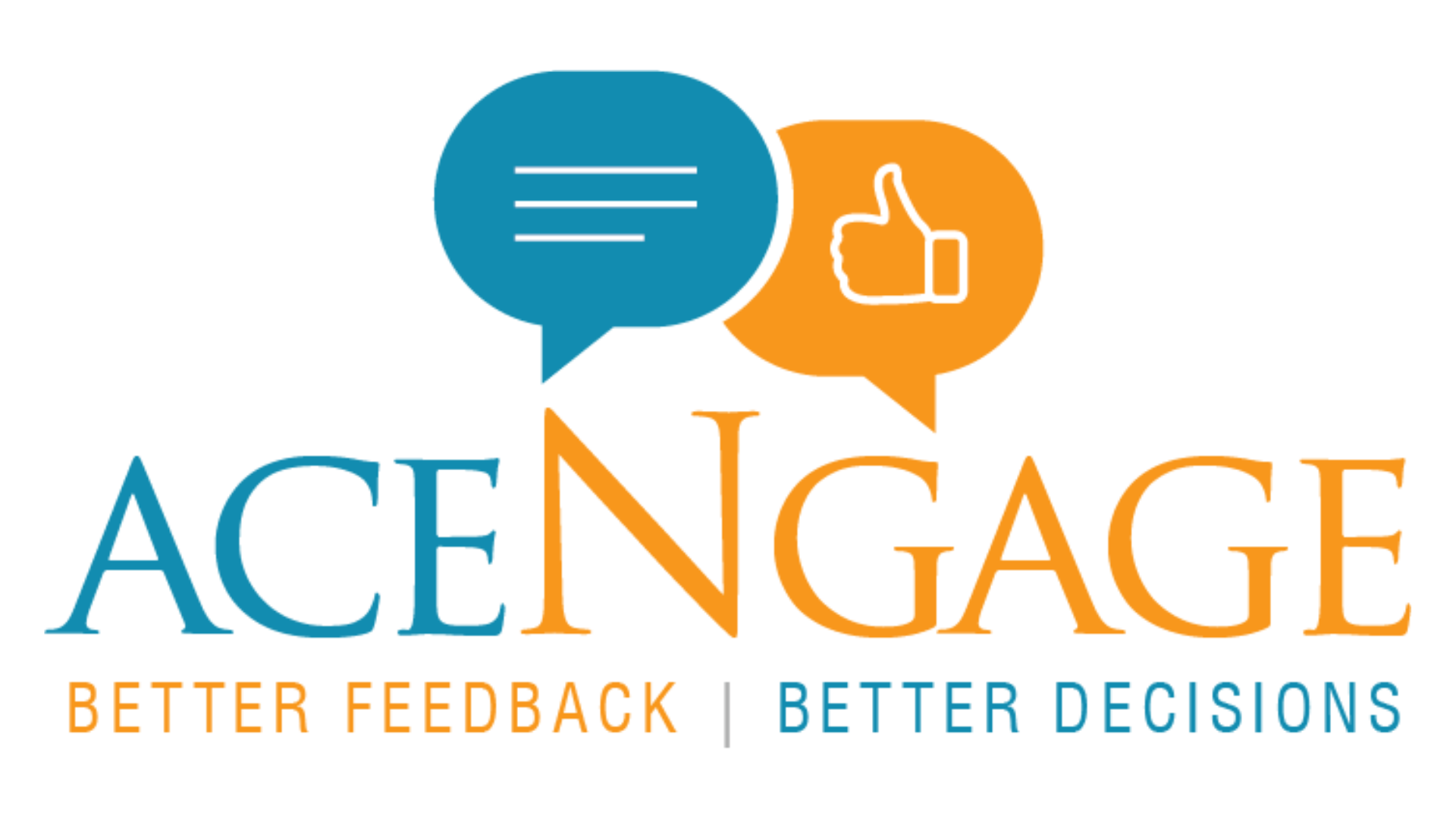If you’re in HR, you’ve probably heard it before: “People don’t quit jobs, they quit managers.” Or culture. Or lack of growth. Or burnout. The reasons are many, but here’s the real kicker—most of them come to light only when someone decides to walk out the door.

That’s where exit interviews come in. But not just the checkbox kind. We’re talking about deep, meaningful, well-crafted conversations that can drive real change. When done right, exit interviews become a goldmine of insight that helps with attrition management, strengthens your employee retention model, and ultimately reduces employee turnover.
According to AceNgage, which has conducted over 7 lakh exit interviews in the last 17 years:
“Exit interviews aren’t about who’s leaving—they’re about who might leave next.”
So if you’re ready to move from passive data collection to proactive culture building, here are 9 smart questions to ask—and what each answer might really mean.
To explore how AceNgage can support your exit interview strategy, contact us at www.acengage.com
1. “What initially attracted you to this role, and when did that change?”
What it uncovers: The gap between expectation and reality.
If they say:
- “I was excited about the growth potential, but it never really took off.”
- “The role sounded strategic, but it ended up being purely executional.”
What it means: There’s likely a disconnect between how roles are sold and how they’re delivered. This hurts long-term trust and feeds high employee turnover.
HR Insight: Revisit your job descriptions and recruiter narratives. Are they aspirational or accurate?
2. “What made you start exploring other opportunities?”
What it uncovers: The real tipping point.
If they say:
- “I didn’t feel challenged anymore.”
- “There was no real conversation about growth after the first six months.”
What it means: Development conversations are either missing or inconsistent. A red flag for any employee retention strategy.
AceNgage Stat: 61% of employees who left said the actual decision was made months before they resigned—it just wasn’t addressed.
3. “Did you feel supported by your manager and team?”
What it uncovers: The health of the manager-employee relationship.
If they say:
- “I was mostly left to figure things out on my own.”
- “My team was great, but my manager was too busy.”
What it means: A lack of coaching and connection. You may have a manager development gap that needs attention.
AceNgage Insight: Teams with poor managers have 3x the attrition rate. Coaching isn’t optional—it’s survival.
4. “Were your contributions acknowledged and appreciated?”
What it uncovers: Whether recognition is part of the culture or just campaign-based.
If they say:
- “I got good feedback during appraisals, but not in between.”
- “No one really noticed the extra effort unless it failed.”
What it means: Recognition is not consistent or real-time. This impacts morale and long-term engagement.
HR Action: Build a culture of micro-recognition. What gets acknowledged, gets repeated.
5. “How would you describe our culture—what worked, what didn’t?”
What it uncovers: The unfiltered reality of your work environment.
If they say:
- “It was fast-paced, but sometimes too reactive.”
- “There’s a lot of ownership, but not much collaboration.”
What it means: You’re hearing the friction points of your values in action. This is real-time feedback for refining culture.
AceNgage Quote: “Every answer you hear is either a symptom of a bigger problem or validation of what’s working.”
6. “Was there anything we could’ve done to make you stay?”
What it uncovers: Missed opportunities.
If they say:
- “A clear growth path would’ve helped.”
- “More flexibility around remote work.”
What it means: These are actionable insights for attrition control. They tell you exactly what to fix or introduce.
HR Tip: Track these responses over time. If 4 out of 10 employees mention flexibility—your next policy rewrite just wrote itself.
7. “How did your role evolve over time? Was it aligned with your expectations?”
What it uncovers: Role clarity and growth alignment.
If they say:
- “I started doing things outside my role, without extra support.”
- “It became too siloed; I didn’t know where I was adding value.”
What it means: There’s either scope creep or a lack of strategic alignment. Either way, it’s draining.
HR Action: Reassess how roles are structured and reviewed every quarter.
8. “Would you consider rejoining us in the future? Why or why not?”
What it uncovers: Employer brand sentiment.
If they say:
- “Yes, if the culture evolved.”
- “No, I don’t think I’d be heard.”
What it means: The door is open—or it’s closed for good. This answer tells you how employees feel even as they exit.
AceNgage Insight: Companies with active alumni engagement have higher boomerang hires and better referral rates.
9. “What advice would you give to improve the employee experience here?”
What it uncovers: Forward-looking insight.
If they say:
- “More manager visibility in remote setups.”
- “Celebrate small wins, not just quarterly results.”
What it means: They’re giving you a roadmap. This is gold.
HR Superpower: Start capturing these themes in a monthly ‘What We’re Hearing’ report. Feed it into leadership discussions.
So, What Is an Exit Interview Really About?
It’s not just about offboarding—it’s about understanding the emotional and operational journey of an employee. When viewed through a structured lens, exit interviews help you:
- Identify patterns in employee turnover
- Strengthen your employee retention model
- Validate your culture
- Coach your managers
- Create safer, more engaging workplaces
Exit interviews, when done right, are less about closure—and more about discovery.
Final Thought
As Krish Hanumanthu of AceNgage puts it:
“Attrition is inevitable. But preventable attrition? That’s your job to solve. Exit interviews give you the answers—you just need to start listening.”
So ask better. Listen harder. And use what you hear to build a workplace people don’t want to leave.
To explore how AceNgage can support your exit interview strategy, contact us at www.acengage.com Curated by AceNgage | We are a Listening Organization.






